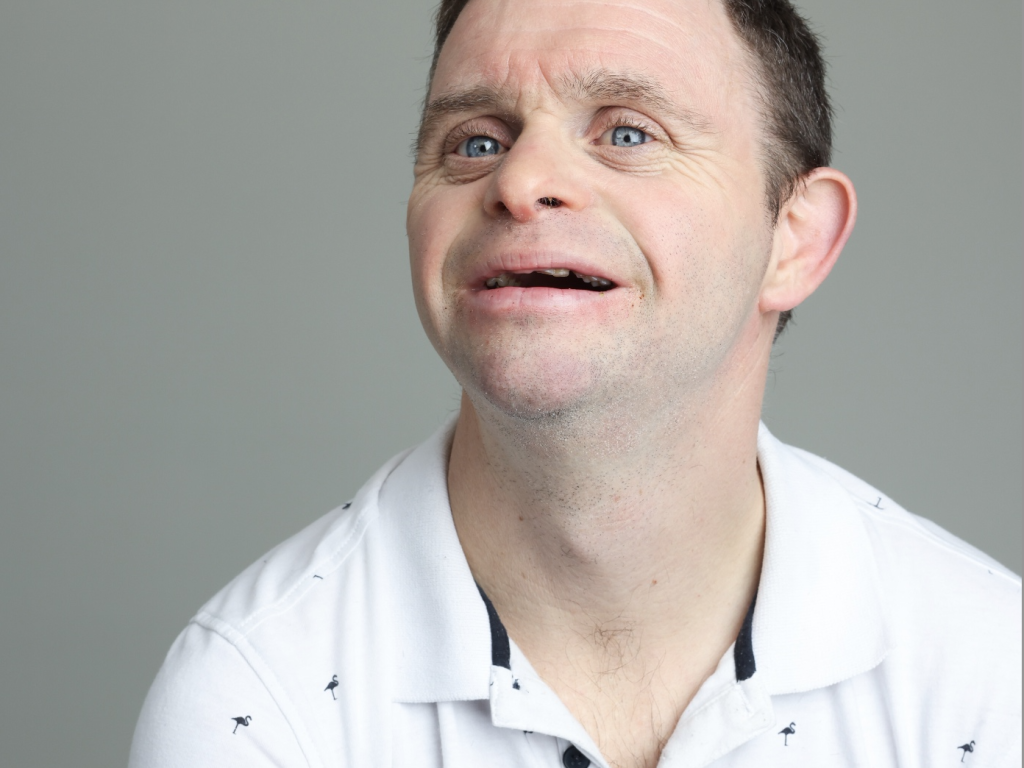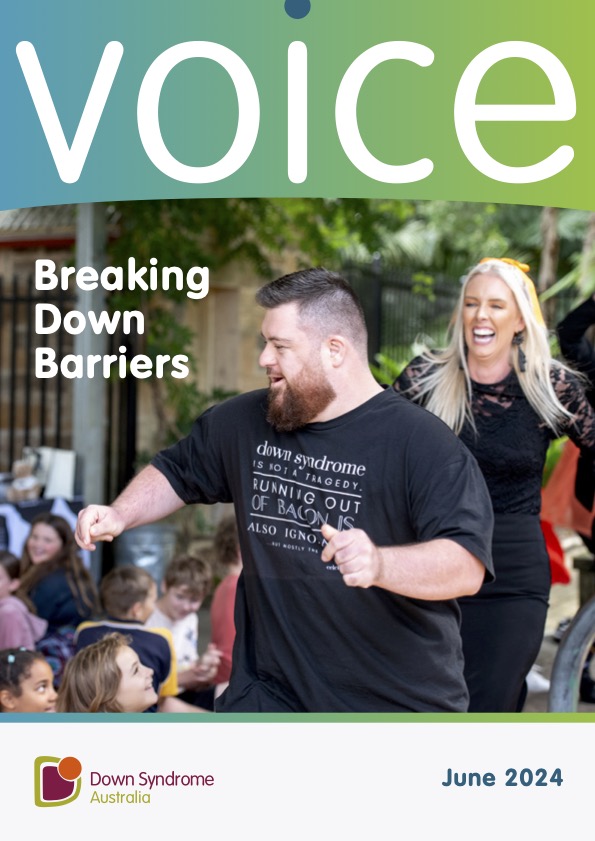Smashing the higher education ceiling
Colby Hickey shares his experience of going to university and overcoming other obstacles and assumptions about his learning disability.
To read the full digital issue of Voice, download a copy here.
I am Colby and this is my story.
Over my life I’ve faced many challenges, mainly due to my disability and the stigmatism that comes with it. Having Down syndrome is not something to be judged, there is an intelligence in Down syndrome people that may not seem obvious, and people assume because of physical appearance we are not capable.
My story spans over many years of my life. I was first told that I would not be able to go to school with my disability. The teachers didn’t think I could read or write and thought it would be too hard to have me in the class. So challenge accepted, I went on to complete higher education in my twenties and thirties.
I studied a subject called Theology. I was interested in this because I am curious about how we use religion and faith. I found this subject to be quite compelling as it gave me insight into how we relate to the idea of God. I am fascinated by the use of religion in our modern day. It was useful to gain an understanding of this for my own life and I enjoyed learning this subject in relation to my own situation as someone with Down syndrome.
I received accolades for my efforts at university, including an Edyth Rawson scholarship, an award based on academic excellence, involvement and contribution to the university and community.
My first memory of experiencing negative stereotypical behaviour as a person with Down syndrome was when I was at primary school. I was treated like I was dumb. Everyone in the classroom assumed I didn’t understand what was going on around me. It was like they thought I was deaf and couldn’t hear them. It was awful not being treated like everyone else. That was a difficult time, but I became very resilient because of the experience.
Throughout my twenties I was treated like a child by everyone. It was difficult to grow and mature in this environment, but I have done what I can to overcome this by keeping an open perspective and remaining very tolerant. This is an ongoing obstacle with continual assumptions being made from people I interact with day to day.
Having a team of support workers is an interesting way to view the judgement of others. Often people in the community assume I am not being cared for correctly – there is a judgement made that I am not comprehending and perceiving my surrounds, however my support workers understand my capabilities. People who make these assumptions are the ones unfairly judging me by my physical appearance and perceived disability.
Currently I’m on the advisory network board for Down Syndrome Victoria. There are ten of us that meet to discuss important topics involving people with Down syndrome and ways they can be supported by their community to live a fulfilling and happy life. Fortunately, this ongoing role has equipped me with a deep understanding of the importance of inclusivity and diversity. This experience has not only honed my skills but has also reinforced my commitment to contributing positively to the community.
My purpose is to advocate for the diverse and unique perspective that people with Down syndrome have and their contribution to society. I will continue to shed light on this topic and live a purposeful life.



0 Comments